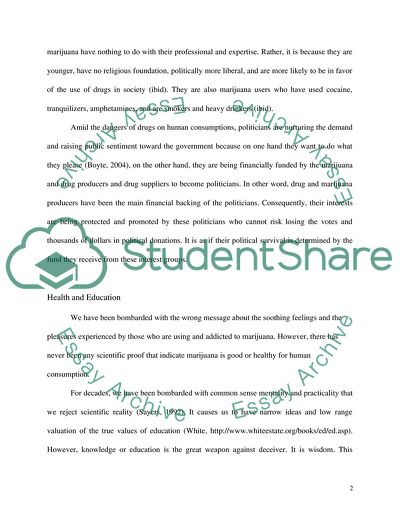Cite this document
(“Legalization of Marijuana and Political Pressure Research Paper”, n.d.)
Legalization of Marijuana and Political Pressure Research Paper. Retrieved from https://studentshare.org/law/1737962-legalization-of-marijuana
Legalization of Marijuana and Political Pressure Research Paper. Retrieved from https://studentshare.org/law/1737962-legalization-of-marijuana
(Legalization of Marijuana and Political Pressure Research Paper)
Legalization of Marijuana and Political Pressure Research Paper. https://studentshare.org/law/1737962-legalization-of-marijuana.
Legalization of Marijuana and Political Pressure Research Paper. https://studentshare.org/law/1737962-legalization-of-marijuana.
“Legalization of Marijuana and Political Pressure Research Paper”, n.d. https://studentshare.org/law/1737962-legalization-of-marijuana.


